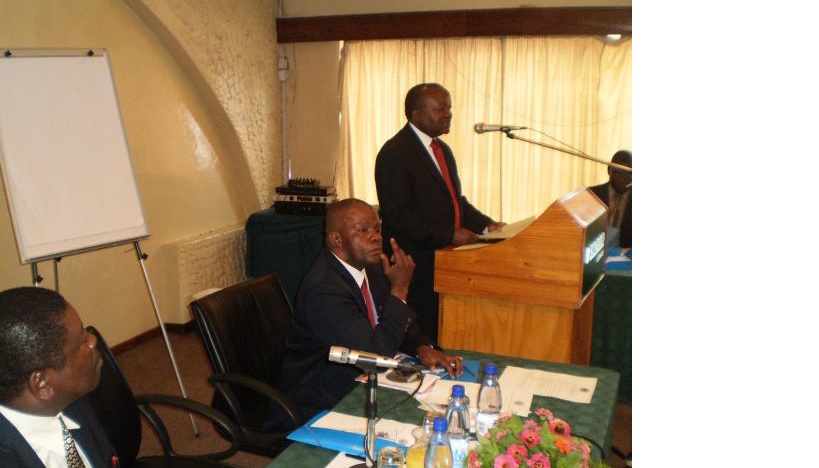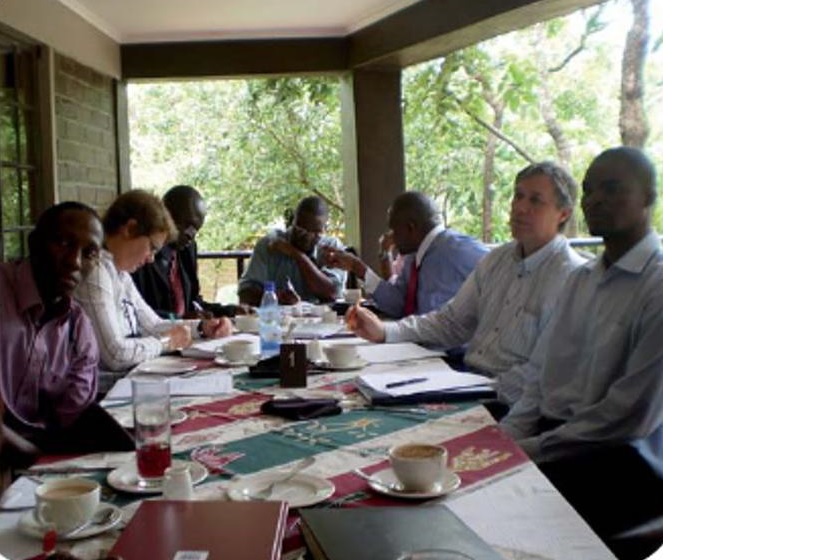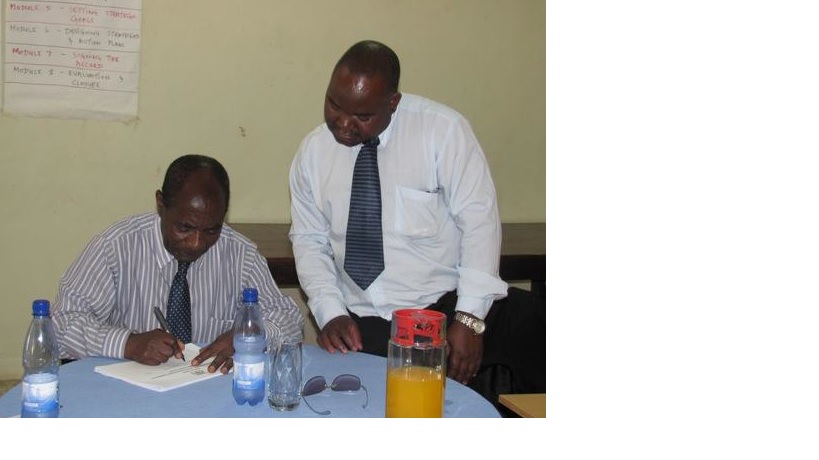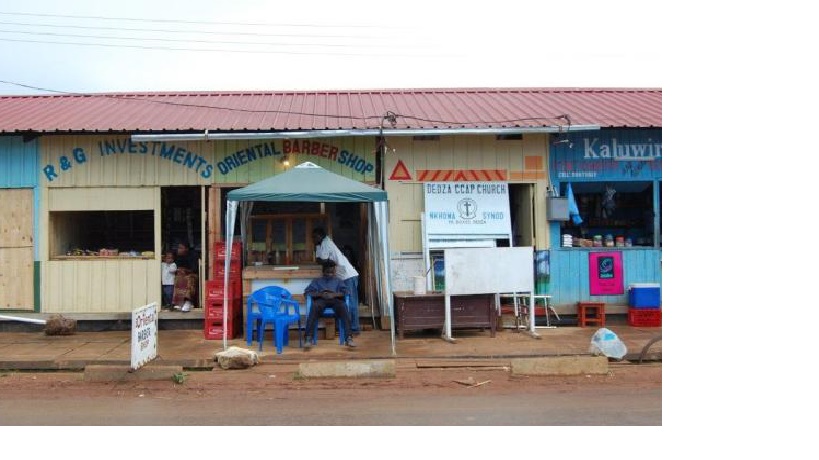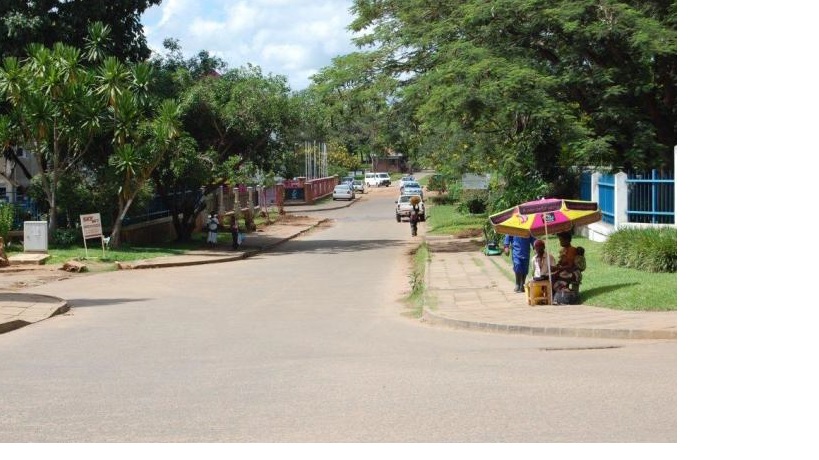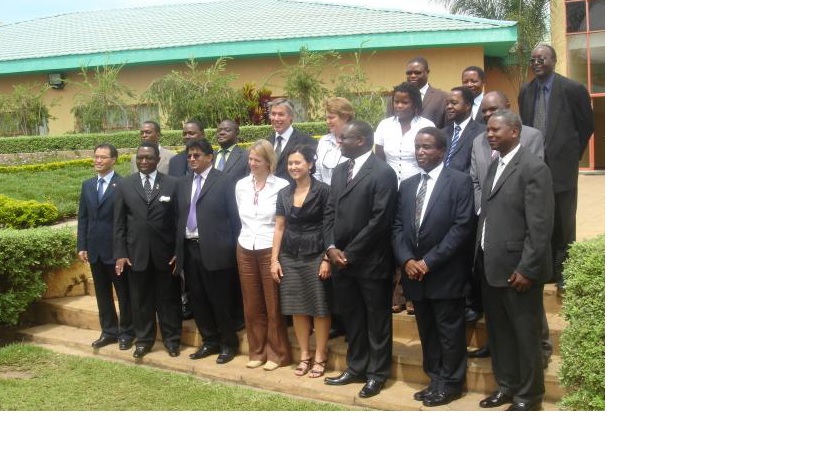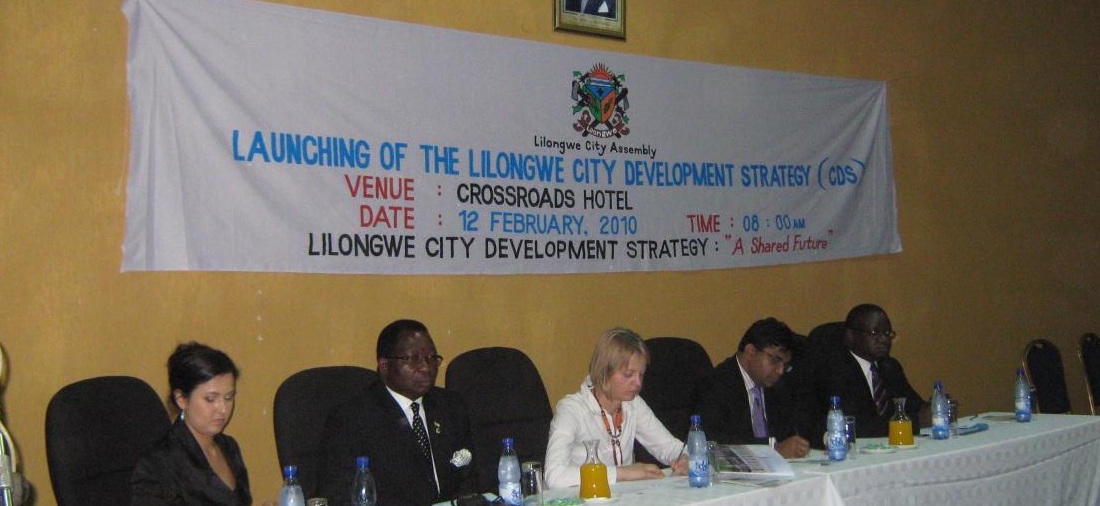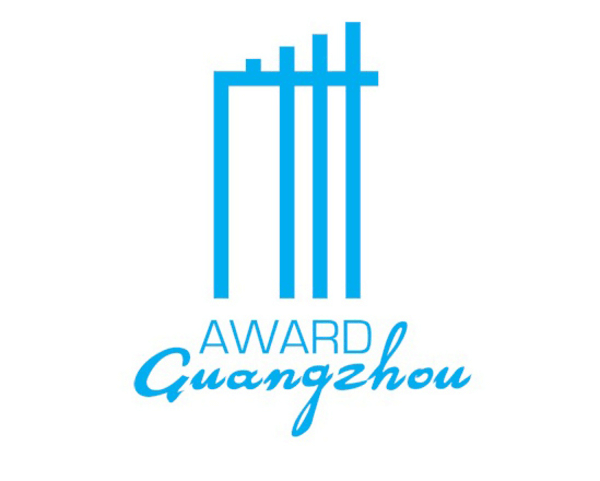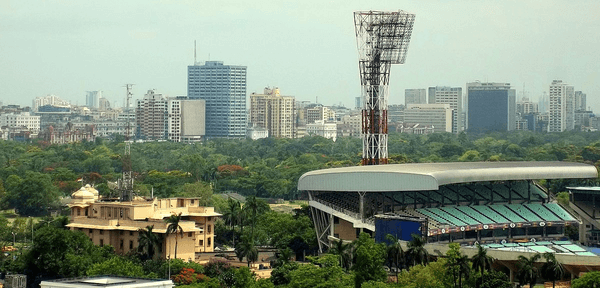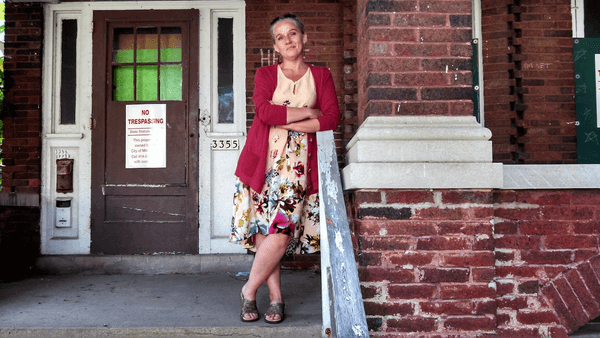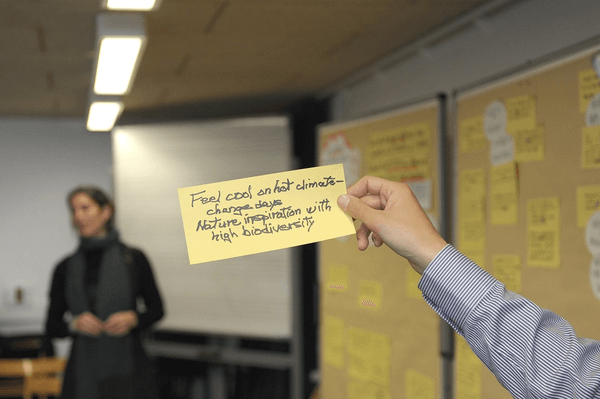Parties and partners in the initiative, resources used for implementation:
- Lilongwe City Council (LCC)
- Malawi Government
- Cities Alliance
- City of Johannesburg
- United Cities and Local Governments (UCLG)
- South African Local Government Association (SALGA)
- Lilongwe business community representative
- Academic personnel
- International organisations (JICA, UN Habitat, subsequently GTZ)
- Community Development Committees CDC and other local organisations in Lilongwe.
Following the mentorship request, a Johannesburg team visited LCC several times to assist them to develop their own City Development Strategy (CDS), an implementation plan, and to ensure skill transfer and capacity building. At the time, Lilongwe governance was in disarray, most senior positions were being filled by staff in acting capacity only. This meant that decision making and implementation took place in a disorganised, ad hoc fashion.
The City of Johannesburg volunteered to mentor LCC on the following:
- advice and technical assistance in development efforts;
- assistance in LCC developing a strategy document giving guidance in relation to what should or needs to be prioritised to accelerate growth, reduce poverty, and build sustainable settlements.
The process of developing Lilongwe CDS in three phases
Phase one, the preparatory phase, focused on understanding Lilongwe and key challenges. This involved an institutional, stakeholder and donor project analysis. Access to quality data was a major issue, problems for residents ranged from poor sanitation and water provision, to crumbling infrastructure and poor health services.
Phase two was structured around five key areas of concern - governance; shelter and land; infrastructure and environment; community development; and economic development. A five-year implementation plan was developed.
Phase three was implementation of the plan, with a permanent CDS unit established. The unit was involved in creating the 2010/2011 business plans and budget estimates, as well as identifying funding sources and preparing departmental score cards.
During the mentorship, on-going face-to-face interaction took place between officials from both cities. The City of Johannesburg had the necessary experience, capacity, and expertise to fulfil this mentoring role. The next Metropolis Board of Directors meeting will also be held in Johannesburg in July 2013.
Most recent action at LCC level
LCC has managed to computerise the accounting and billing system. All collected revenue is monitored by more than one person, and defrauding LCC has therefore been halted; as a result revenue has been improving annually since 2010. LCC is increasing salaries for employees at least annually.
Performance management system has been formulated and is currently being enforced. This has enhanced staff retention.
LCC undertook an institutional capacity and skills audit. Many previously vacant positions have now been filled, ghost workers were identified in the process and those responsible have been prosecuted.
Most recent action at city level
From Lilongwe CDS thematic area of shelter and land, a proposed project entitled "SUSTAINABLE IMPROVEMENT OF LIVELIHOOD OF LILONGWE SLUM DWELLERS: AN INTEGRATED APPROACH TO URBAN PLANNING", was approved in 2010. The project is currently under implementation in two informal settlements. Water and sanitation has improved, a livelihood programme helps to improve residents' socio-economic status through the Community Savings and Loans Association (CSLA) component and reflect adult circles. Many women have already ventured in income generating activities (IGAs) using the loans they borrow from CSLA. There is also linking to commercial banks from which poor people are obtaining adequate loans.
LCC also received a grant from UN Development Programme in order to implement a project entitled "WASTE FOR WEALTH PROJECT: PROMOTING A ZERO WASTE ENVIRONMENT" in two traditional housing areas. More people in these areas are currently preparing compost manure and selling it to obtain money for their own use. This is a popular business and has managed to improve many lives in the project impact areas.
Lilongwe has also attained improved health in the city and residents have developed proactive measures, preventive and disease control actions. In the financial year 2011/2012, for the first time in the city, there were no cases of cholera outbreak and this was due to a scaled-up cholera campaign.
The initiative has improved how services are delivered to inhabitants. Communication on services and projects has also improved, now that a Public Relations Officer has been recruited who is able to speak to inhabitants via the media at any time.
